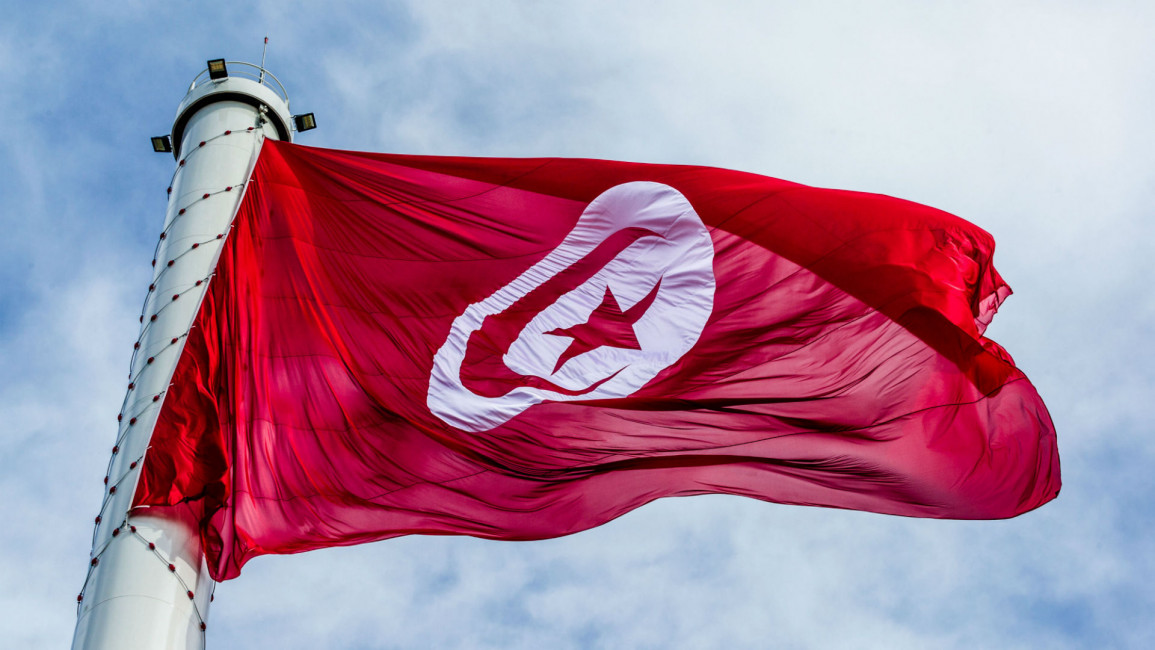Tunisia cooperating with UAE against female extremists' return
Tunisia is working with the UAE to address the threat of returning female jihadists - after initially demanding the Gulf country apologise for banning Tunisian women from its passenger flights.
The UAE said it has intelligence that female jihadists returning from Iraq or Syria might try to use Tunisian passports to stage terrorist attacks, a Tunisian government official said.
Furious Tunisian officials slammed the "illegal" move and summoned the UAE ambassador for a dress down and on Sunday it suspended the Dubai-based airline Emirates from operating at Tunis airport.
Now, Saida Garrach, an advisor at the Tunisian presidency, told local radio Shems FM that the UAE had "serious information over the possibility of terrorist acts as part of returning fighters leaving Iraq and Syria," and that the two countries were now working together to address the threat.
"There are terrorist plots in several countries," Garrach said in an interview conducted on Monday and posted on the station's website.
"What concerns the United Arab Emirates is the possibility of terrorist acts committed by Tunisian women or by Tunisian passport holders," she said.
Garrach criticised the way the threat had been communicated to Tunisia.
"We are fighting terrorism together with the United Arab Emirates and we are coordinating to solve this problem. But we cannot accept the way Tunisian women are treated and don't accept what has happened to Tunisian women at airports."
More fighters from Tunisia are fighting abroad than from any other Arab state, a problem linked to widespread radicalisation among disillusioned youths and a loosening of security controls after Tunisia's revolution, which marked its seventh anniversary last week.
Many foreign Islamic State fighters and their families are making their way home after the military defeat of IS in most of Syria and Iraq this year.
Islamic State has also lost its main stronghold in Tunisia's neighbour Libya.
Since the toppling of Zine El Abidine Ben Ali, Tunisia has been struggling to contain a burgeoning home-grown jihadist movement that has staged numerous attacks killing dozens of soldiers and police and civilians including more than 50 foreign tourists.
More than 3,000 Tunisians are known to have travelled abroad to wage jihad, according to the interior ministry. A year ago the interior minister said 800 had come back to Tunisia, where they have been jailed, monitored or put under house arrest.



